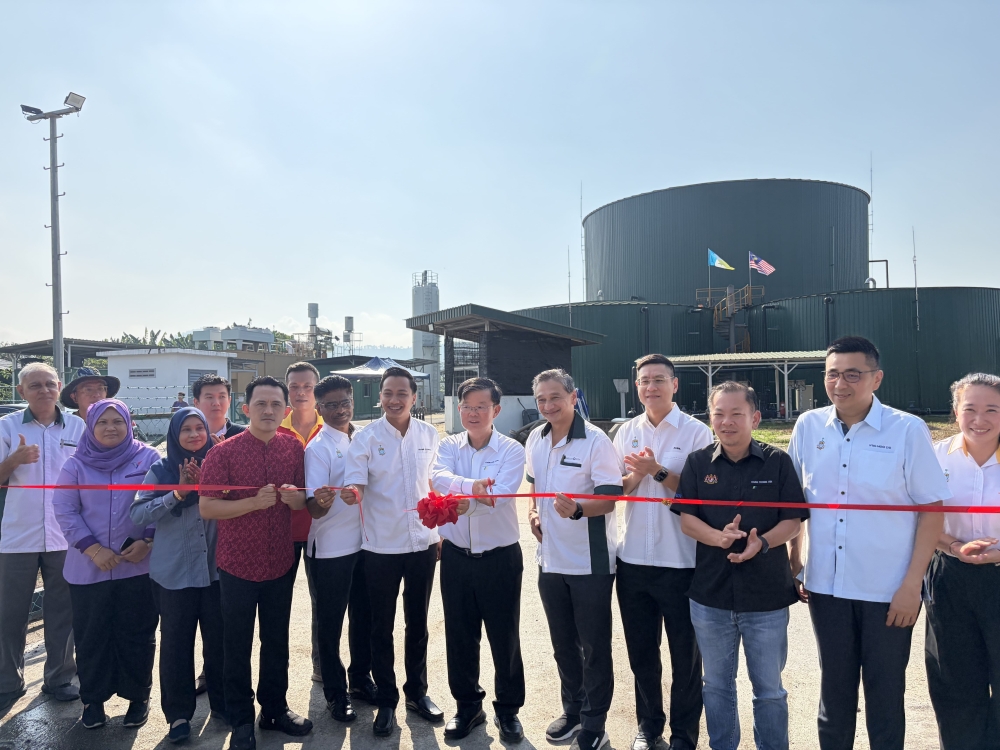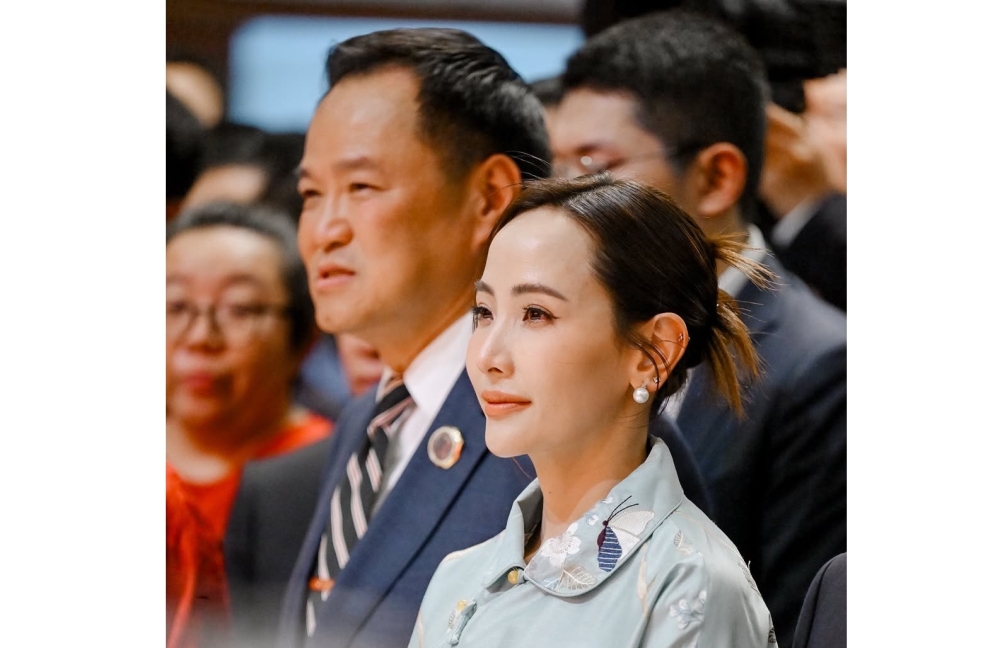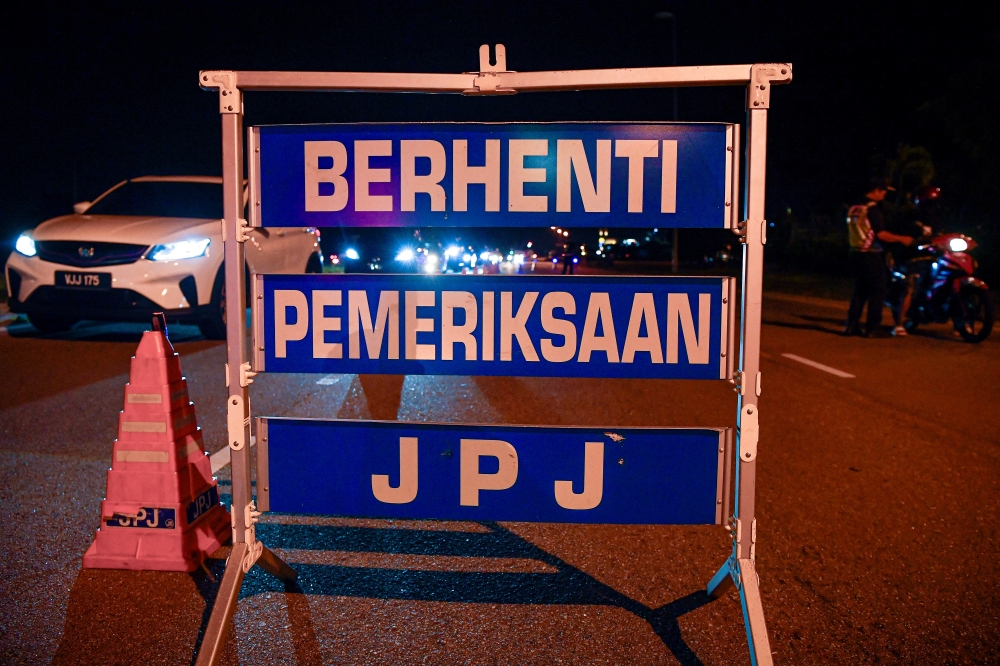KUALA KANGSAR, May 7 — The monarchy does not merely play the role of a “decorative ornament” for Malaysia, decreed Sultan Nazrin Muizzudin Shah during his inaugural royal address as the newly-installed Sultan of Perak yesterday.
The Sultan, who was enthroned as the state’s 35th ruler in a traditional ceremony at the Istana Iskandariah, said the institution of the monarchy functioned as one of the main pillars of the nation’s unity and harmony.
His address — filled with flowing metaphors, passages from the holy Quran and anecdotes from the ancient tales of sultanates — was one befitting the significance of the occasion, reminding his subjects of the role that the ruler played; a role of a bi-partisan institution that stood for the rule of justice and fairness.
“The institution of the monarchy is not an old mirror to glimpse the reflection of a wizened visage. Governance anchored by the axis of royalty is entrenched in the Federal Constitution as 19 of the 183 articles in the constitution are related to the royal institution,” he said.
“This means that Malaysia — which has a government based on constitutional monarchy and parliamentary democracy — has legally allocated a specific role and responsibility for the ruling monarch.
“Thus, the monarch has to be energetic, dynamic and convincing while also fulfilling his duty as a unifying presence.”
Elaborating on the modern role of the ruler, Sultan Nazrin Shah equated the monarchy to an umbrella under which the people were able to unite in a political landscape that was becoming increasingly divided — threatening the harmonious relationships between different racial and religious groups.
“The monarchy is a stabilising presence, a source of justice, an instrument of unity amongst variety. It is imperative that the monarchy is not partisan, soaring above political polemics to ensure that its role is well-received by the public while it is needed to mediate any conflicts,” he added.
“The Sultan acts as a payung kedaulatan (umbrella of sovereign), duty-bound to provide just and fair protection for each and every one of his subjects regardless of their race or religious backgrounds.”
Sultan Nazrin Shah also spoke on the importance of Islamic principles to the monarchy, saying that Islam was an identity that could not be separated from the institution of the Malay rulers.
While expanding on the subject, the Sultan reflected on the historic date of May 28, 2014, when he was named as the 35th Sultan of Perak and was conferred with the title Sultan Nazrin Muizzuddin Shah by the Perak Royal Council — which, as he said, had a special meaning.
The name ‘Muizzuddin’ translated means pemerkasa agama (one who strengthens religion), he said.
“Islam is also an essential part of the check and balance system on the powers of the monarchy. It ensures that the rulers act justly and are duty-bound to fulfil the requirements of fardu ain and fardu kifayah based on the holy Quran,” he added.
“In fact, it is illustrated in the words of Raja Ali Haji in Tuhfat Al Nafis that the main function of the ruler is to uphold the laws of Allah and that crisis beckons if God’s rules are broken and the royalty rules based on their desire.
“Thus, the powers of the royalty will not be questioned as long as they do not show dishonest behaviour and as long as they follow the entrenched rules.”
At the same time, Sultan Nazrin Shah noted that the concept of the monarchy had changed with a new identity destroying the old concept that assumes the rulers are incarnations of God on Earth — a status which ascribes monarchs the same standing as God.
“This has changed to a concept that the monarchs is the shadow of God, a leader with human traits. The Sultan’s excellence must be valued from his ability to fulfil his duty, humble in the knowledge that his ruling powers is a responsibility given by God,” he said.
Touching on the day’s ceremony itself, Sultan Nazrin Shah said the day’s customs were imperative to the preservation of the monarchy’s tradition in modern times.



















